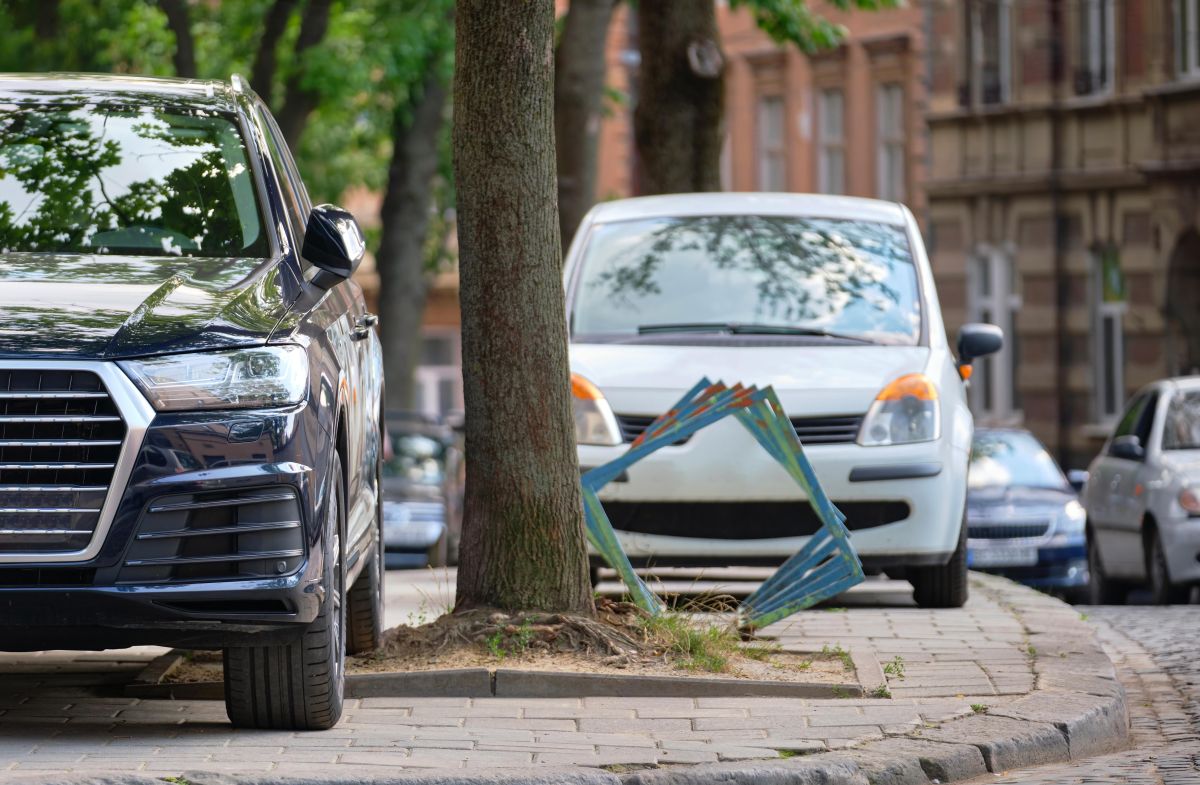The New York State Senate approved a bill requiring New York City automotive repair shops to obtain community approval while registering with the DMV. The bill passed the Senate on June 4 and now awaits consideration by the State Assembly after the chamber’s June break.
The bill’s sponsor, Sen. Gustavo Rivera, D-33, and co-sponsor, Sen. Luis R. Sepúlveda, D-32, hope it will curb illegal parking around auto shops in the space-constrained city. The authors alleged vehicles parked on city sidewalks have hindered residents with disabilities and families, particularly those using strollers and wheelchairs. Both co-sponsors said the regulations would promote safer and more accessible neighborhoods while ensuring compliance.
“In the neighborhoods I represent, and across New York City, some auto shop businesses occupy sidewalks and residential parking with cars under repair,” Rivera told Autobody News. “This results in out-of-maintenance cars blocking traffic and preventing residents from getting to and from their homes. Restricting public sidewalks, traffic flow and parking from the community for commercial purposes is unfair.”
However, the city’s auto repairers said there isn’t enough space around their shops to maintain compliance. “Really, there is not a whole lot of parking. It’s bad enough that the city takes all the parking anyways,” Ray Ahamed, a technician at New Xcell Auto Repair in the Bronx, told Autobody News. “I hope they don’t pass anything.”
Ahamed added he had not heard of the bill and that legislators didn’t consult his shop.
If passed, the bill would introduce liquor store-like commissioner reviews and violation audits. The DMV commissioner must consult a municipality or community board before granting business approval. Overall, the bill sets up a five-step process for all auto shops in New York City seeking renewals or business transfers. First, shops must notify the DMV commissioner 45 days before applying. Second, the shop must wait 35 days for community boards to review the application. Third, the DMV commissioner will review the shop’s history of violations. Fourth, a representative from the shop may have to attend public hearings about the business changes. Last, the commissioner will finalize a decision.
If passed into law, the bill would become effective 120 days after receiving the governor’s signature.
Under the current law, all commissioner rulings on business licenses are subject to appeals. Rivera said the appeals process will remain the same if the bill passes.
“In order for the DMV commissioner to approve or renew a certificate for motor vehicle repair shop applicants, this bill would require them to consult with the municipality or community board beforehand,” he added. “This would allow residents to provide feedback on how auto shops have or would impact the community.”
However, technicians in the area told Autobody News they were unaware of potential law changes that could significantly impact their businesses. They also said the proposed legislation does not include a further parking solution.
The city’s police have also grappled with a lack of publicly available parking spaces in the gridlocked streets. In April, the Department of Justice (DOJ) demanded the NYPD address rampant parking issues outside of police precincts. Studies of the city police found more than 91% of the precincts were noncompliant with the Americans with Disabilities Act (ADA). The study found both squad cars and passenger vehicles parked on sidewalks and crosswalks for “beyond a reasonable period.”
The city’s largest attempt to assuage the lack of street-side parking recently failed. In early June, New York Gov. Kathy Hochul reversed course on the city’s congestion pricing plan. Congestion pricing was set to start tolling passenger vehicles up to $15 to access lower Manhattan streets. In turn, government officials expected fewer vehicles to park on the streetside in the city.
“Most of our vehicles park up sometimes on the sidewalk, which doesn’t obstruct anyone from walking. We have our lot and then we have an indoor garage where we keep our cars if we run out of space,” Ahamed said. “I don’t think [the bill] is really going to impact [our parking] much.”













